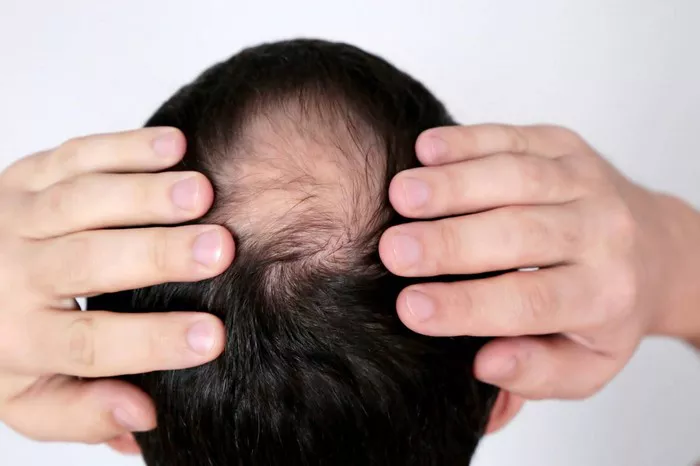The widely used hair-loss treatment, Minoxidil, could face a shortage, according to experts sounding the alarm.
Minoxidil serves as the primary active ingredient in Rogaine, a topical application for scalp use. Although Minoxidil is known to be more effective when taken orally, the Food and Drug Administration (FDA) has not approved its oral form for hair loss treatment.
Recent research from George Washington University has drawn attention to the looming scarcity of oral Minoxidil. These findings were published in the Journal of Drugs in Dermatology just last week.
Researchers from the university contacted 277 pharmacies across Washington, D.C., Maryland, and Virginia, requesting a 30-day supply of 2.5 milligrams of Minoxidil. The results indicated “a significant care gap,” with only 40% of the pharmacies able to fulfill the prescriptions. The researchers have expressed concerns that this regional shortage could potentially have national implications.
Patients reliant on this medication are required to take it daily to maintain progress. Any disruption in the supply chain could prove detrimental. Dr. Adam Friedman, a professor and chair of dermatology at George Washington University, explained, “You can go backward and start losing your hair again.”
The duration of potential wait times for patients remains unclear based on the study’s findings.
Dr. Michael Ganio, the Senior Director of Pharmacy Practice and Quality for the American Society of Health-System Pharmacists, was not surprised by the research results. He noted that pharmacies typically do not maintain a 30-day supply on their shelves, as the drug is not considered for treating medical emergencies. “Why keep more than a week, maybe 10 days’ worth, on the shelf?” Ganio questioned.
Androgenetic alopecia, a common form of hair loss, affects an estimated 50 million men and 30 million women in the U.S., according to Medline Plus.
Patients seeking Minoxidil urgently may need to contact multiple pharmacies to fill their prescriptions.
Dr. Friedman emphasized the importance of addressing hair loss, stating, “Hair loss is not life-threatening, but let’s not underestimate the impact on quality of life. When people lose their hair, it is extraordinarily disabling.”
While the FDA’s website does not currently list Minoxidil as being in short supply, this isn’t the first time that concerns have arisen over a potential Minoxidil shortage. Last summer, New York City experienced a shortage of Rogaine products, causing distress among individuals struggling with hair loss. Subsequently, the oral version of Minoxidil gained popularity, raising questions about whether the surge in demand may have strained the supply chain.


